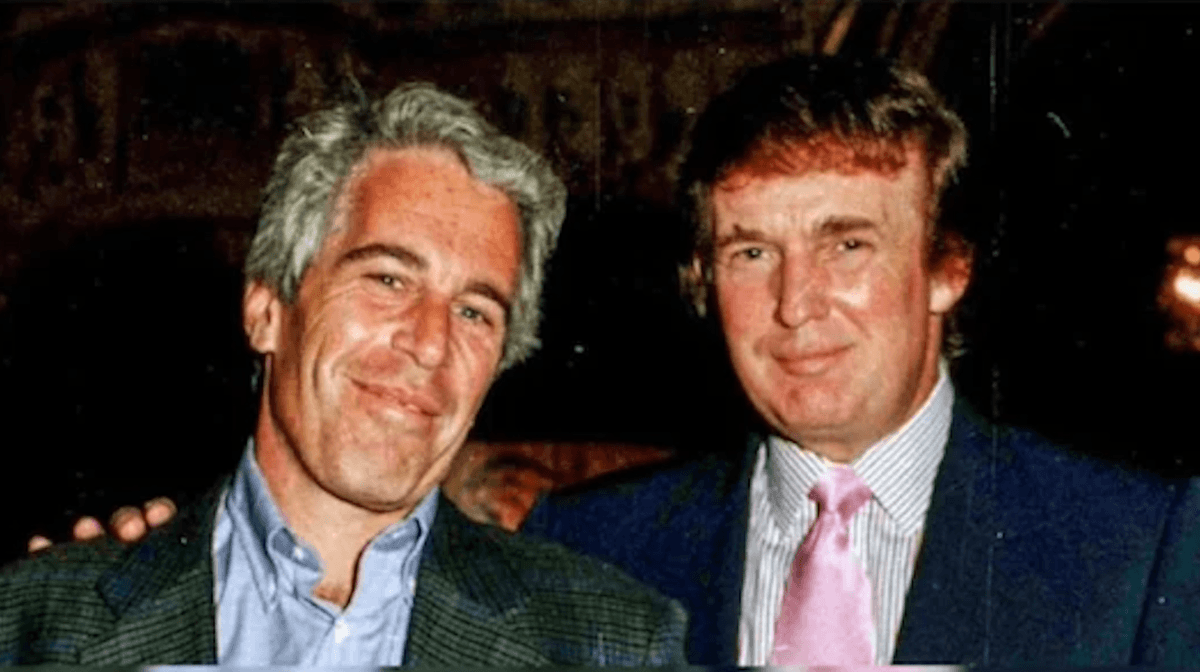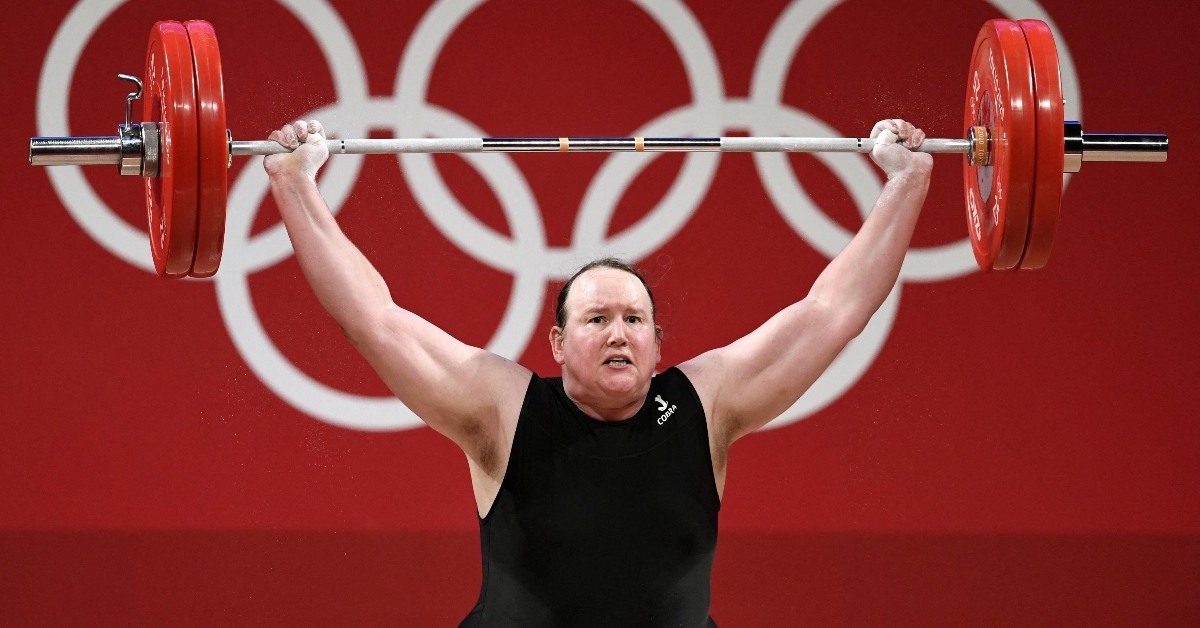BY: Denver Sean
Published 5 years ago

Good news for Pfizer vaccine recipients concerned about the mutated Covid variants.
According to a new study, the Pfizer vaccine will protect against the variants because it produces a ‘massive’ immune response in the body.
via Daily Mail:
Researchers at Imperial College London studied the impact of a single dose of the Pfizer jab against different types of virus and found it gives broad protection.
Although responses were weak after a single jab in people who had never had Covid, those who had caught the virus in the past saw ‘enormous’ levels of immunity and could even be considered ‘totally safe’ from serious disease.
And they hope two doses of the vaccine will have the same effect.
There had been fears that the South African, Brazilian, Indian or even the Kent variants could make vaccines less effective and prolong the pandemic even more.
But scientists now say that the body’s response to the Pfizer vaccine is so strong that it develops immunity that is likely good enough to fight off any strain of the virus.
Professor Rosemary Boyton, who led the research, said people who had recovered from Covid then got a jab had ‘massive’ immune responses.
The team did warn, however, that second doses are especially vital for people who have never had Covid before, who could otherwise be left ‘pretty vulnerable’, said Imperial’s Professor Danny Altmann.
There are currently around 19.7million people in the UK who have had a single dose of a vaccine – though not all of them Pfizer’s – while 14.5m have had both jabs.
Although the study did not praise the effectiveness of a single shot, they appear to be working in the real world to bring down Covid cases and hospital admissions. The researchers said they could not explain this from their lab data and said it may be adding to a herd immunity effect even if individuals didn’t get great protection.
In their study the Imperial College researchers, along with experts from Queen Mary University and University College London tested the blood of NHS staff.
There were 731 health workers in the study who had been tracked since the start of the pandemic in March last year, all of whom were given a single dose of the Pfizer vaccine.
Some of them had Covid before they got the jab while others didn’t, and the researchers tested the reactions between blood samples and different variants of the virus.
People who had been infected with the virus before getting their first vaccine had such extreme immune responses that they would almost definitely not get sick no matter which variant they were exposed to.
The reason for this appeared to be that, for most people, the vaccines produced multiple times of immunity.
They triggered antibodies, which latch onto the virus and block it but are super-specific so less effective against some mutations, but also white blood cells called T cells and B cells, which are less specific and better able to recognize variants.
Speaking about fears the variants would weaken immunity, Professor Altmann said in a briefing: ‘There have been lots of papers about how bad your immune response drops and how alarmed you should be and they’ve probably confused everybody no end.
‘Now the dust has settled, what we’ve seen on the whole is that people who have had any of the good vaccines in two doses, it looks to us that most people, most of the time, have made such a good immune response that they’ve got a good enough response to survive Kent or South Africa or, from what we’ve seen, Brazil, so I think we probably don’t need to panic excessively about that.
‘We’re not as well covered as we thought we were but we’re still well covered.’
Although the study only specifically looked at the South Africa, Kent and Wuhan variants, the Brazilian and Indian strains are so similar to South Africa that the researchers expect the jabs will have the same effect.
Professor Altmann said it was still worth making variant-specific jabs to give extra protection.
Despite the good news, the researchers did raise concerns that the vaccine wasn’t very effective after one dose in people who had never had Covid.
They claimed it offered ‘weak’ protection against the Kent variant, which is dominant in the UK, despite real-world data suggesting single doses work well.
The study suggested the level of antibodies able to destroy the Kent or South Africa variants were 11 to 25 times lower than they were against the Wuhan virus after a single dose.
But real-world data suggests a single dose of the jab cuts the risk of illness and also of transmitting the virus. Public Health England research this week revealed a single dose of vaccine slashes the risk of spreading coronavirus by up to half.
Data from 1.5million people in the general population found that a dose of Pfizer’s jab cut the risk of spreading by 49 per cent while for AstraZeneca it was 38 per cent.
The Imperial researchers said their results couldn’t explain why a single dose appeared to perform poorly against the Kent variant in the lab but well in reality.
Professor Altmann added: ‘You would say [from this research] that one dose of Pfizer doesn’t really work very well, doesn’t really produce measurable immune responses.
‘But the real life data has been that there’s been an enormous impact of one dose. Although it is hard because it has been one dose and a very strong lockdown.’
Professor Rosemary Boyton, who led the research, added: ‘Our findings show that people who have had their first dose of vaccine, and who have not previously been infected with SARS-CoV-2, are not fully protected against the circulating variants of concern.
‘This study highlights the importance of getting second doses of the vaccine rolled out to protect the population.’
The research was published in the journal Science.
Whether you get Pfizer, Moderna, or others — get your vaccines. Some protection is better than none.










